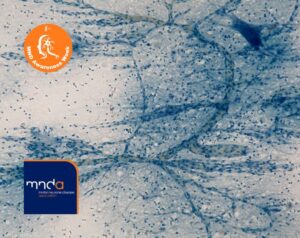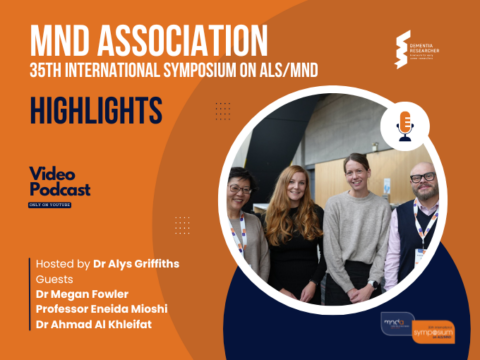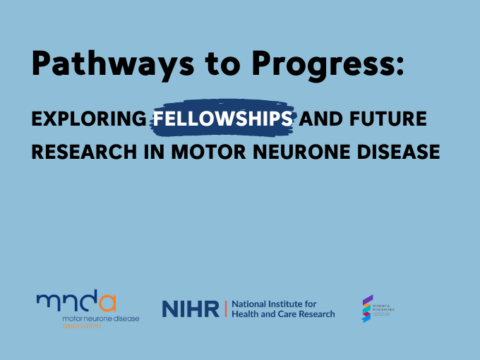
Investigating the sex and population-specific risk factors of MND is crucial for understanding the underlying mechanisms and developing targeted strategies for prevention, early detection, and treatment.
About the project
This project aims to reanalyse datasets of over 150,000 Motor Neurone Disease (MND) patients and healthy subjects to address three important components of MND risk (factors that impact whether you will be diagnosed with MND) which have not been thoroughly investigated. The components of risk to be investigated are sex-specific genetic factors, population-specific genetic risk factors and overlap of genetic risk between MND and other neurological diseases. Acknowledging the genetic complexity of MND will help to better understand mechanisms involved in disease risk and is central to developing effective therapies and genetic counselling strategies.
What could this mean for MND research?
This work could help to reveal differences in genetic factors between population groups and sexes in MND. Understanding more about these risk factors and the underlying biology could help to explain individual differences in disease development and progression. It could also aid in developing new therapeutics which are based on the disease-linked factors and may offer a more personalised approach to treatment of MND. This project may provide more insights into whether certain genetic factors of MND are also risk factors for other neurological diseases.
With an MND Association Junior Non-Clinical Fellowship I was able to navigate the precarious transition from postdoctoral researcher to independent scientist. Thanks to the MND Association, I am now a tenured principal investigator with a growing team working on the genomics of motor neurone disease, a crucial area for future treatments. Dr Russell McLaughlin
Lead Institution: Trinity College Dublin
MND Association Funding: £155,811
Funding dates: September 2021 – August 2023
Find out more about the research being funded by MNDA on their website.

 Print This Post
Print This Post





